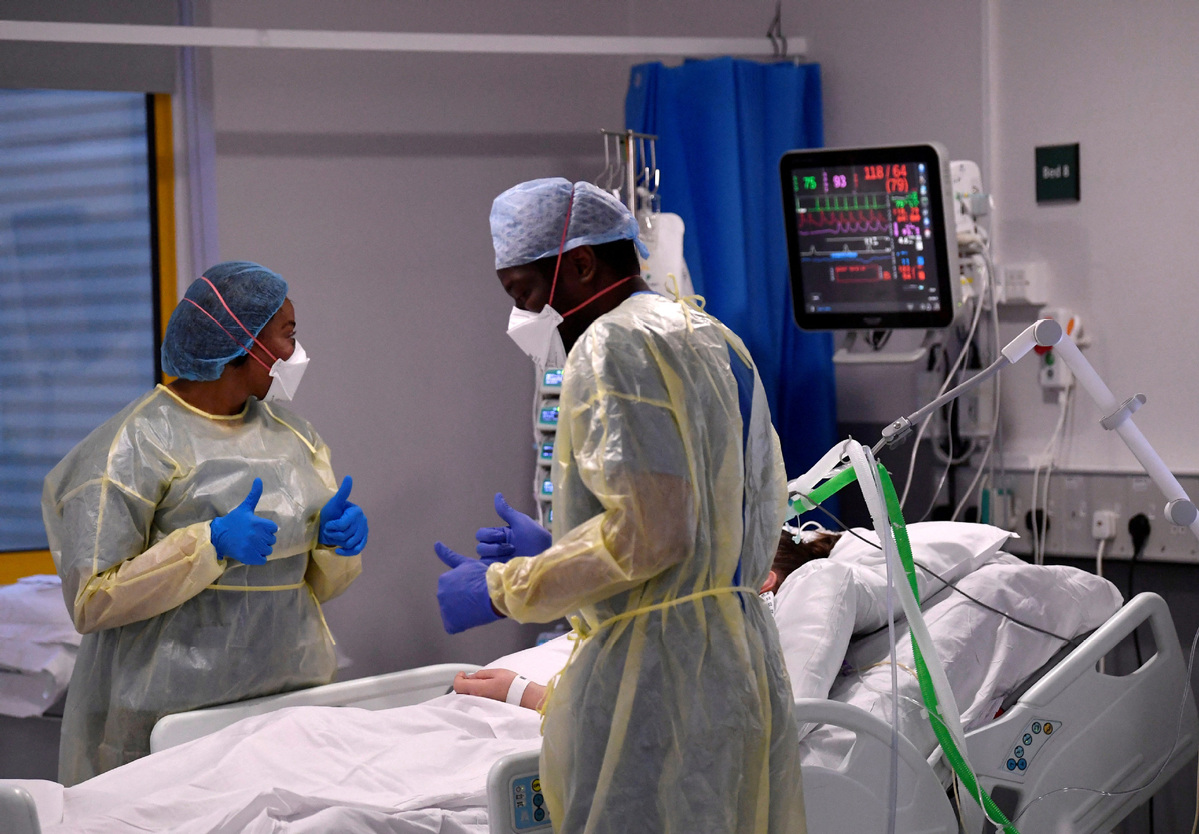Long COVID rehab program shows progress


Scientists behind a long COVID rehabilitation program in England say it has the potential to be an effective treatment option for the debilitating condition that is caused by a novel coronavirus infection.
The program, based on a gradual increase in patients' physical activity, has shown "impressive" results, said researchers at the University of Leeds and Leeds Beckett University, in findings published in the Journal of Medical Virology.
It is estimated that millions of people across Europe are living with long COVID, and scientists are still learning about how it is caused and how to treat it. In the United Kingdom alone, more than 1.6 million people are reported to be living with long COVID, according to data from the Office for National Statistics.
Prior to taking part in the Leeds program, participants reported three "crashes", or episodes, on average a week, where they were left physically, emotionally or cognitively exhausted after mild physical or mental exertion. Six weeks later, at the end of the program, this was reduced to an average of one crash a week.
Supervisor on the program, Manoj Sivan, who is associate clinical professor in the school of medicine at the University of Leeds, said long COVID has an impact on quality of life and in some cases ability to work. "It is distressing and disabling," said Sivan.
"Post-exertional malaise or post-exertional symptom exacerbation or simply 'crashes', as described by patients, is a defining and important symptom of long COVID.
"When patients get a crash, they experience feelings of complete exhaustion and wipe out and are unable to resume activities for hours or sometimes days.
"The findings of this research are exciting because this is the first time that crashing episodes have been used as a marker for the condition and a structured pacing program has now been shown to substantially reduce symptoms and improve quality of life," said Sivan.
The patients experienced a "moderate improvement" in their ability to be active and better quality of life, said the research paper.
The six-week study, which followed World Health Organization protocols, involved 31 participants with the condition, who had on average suffered from long COVID for around 17 months before entering the program. Each week, scientists collected results using questionnaires that measured exertion levels and crashes.
The gathered data revealed the program had reduced symptoms including fatigue, breathlessness and headaches. However, the researchers noted that there is a lack of awareness among clinicians that a gradual return to physical activity can help recovery from long COVID.
Writing in the journal, they said: "This study adds to the current understanding by demonstrating the potential of a structured pacing protocol to gradually improve activity levels.
"Yet, current advice on safely returning to physical activity without worsening their symptoms is unclear, with patients reporting receiving differing advice from health care professionals."
































